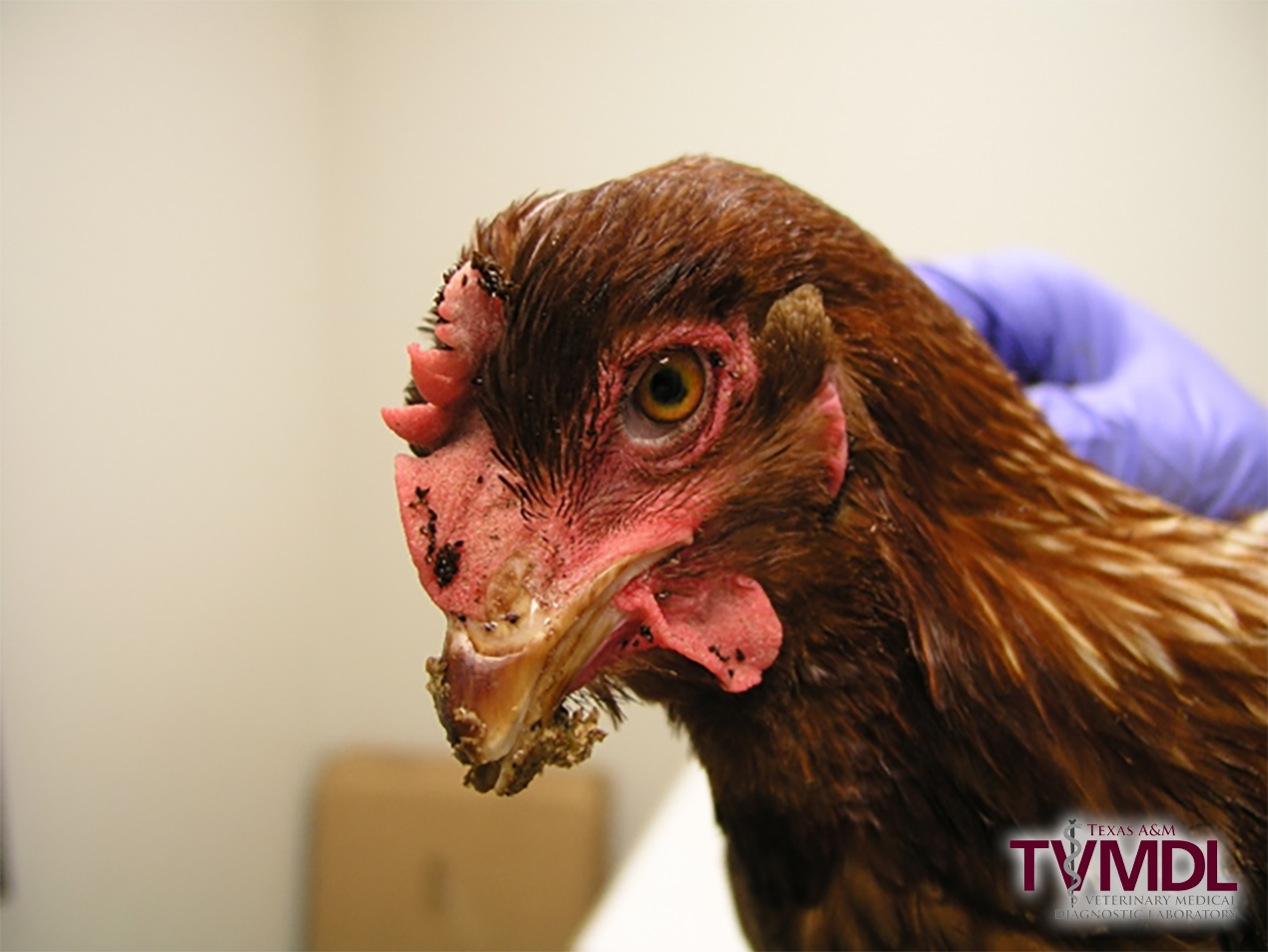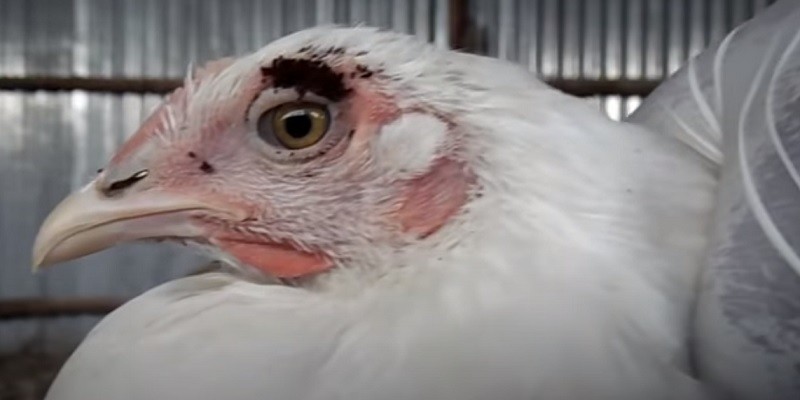Yes, chickens can get fleas. Fleas can infest chickens and cause irritation and discomfort.
Chickens can indeed get fleas, much like other animals. Fleas are small, wingless insects that thrive on the blood of their hosts. When present on chickens, fleas can cause irritation, discomfort, and potential health issues. It is essential for chicken owners to be vigilant in preventing and treating flea infestations, as these pests can negatively impact the well-being of the flock.
Understanding the signs of flea infestations, implementing preventive measures, and seeking appropriate treatment can help maintain the overall health and welfare of chickens. In the following sections, we will explore the common signs of flea infestations in chickens and provide guidance on effective prevention and treatment methods to ensure the well-being of your flock.
Fleas And Their Impact On Chickens
What Are Fleas And Their Characteristics?
Fleas are external parasites known for infesting various animals. They are wingless insects that feed on the blood of their hosts. Fleas are typically tiny, measuring around 1-3 millimeters in length. These pests are agile, capable of jumping up to 150 times their own body length. They have flattened bodies, which enable them to easily navigate through animal fur, feathers, or hair.
The Risks Fleas Pose To Chickens
When chickens are infested with fleas, they face several risks and challenges. Flea bites can cause irritation, leading to excessive scratching and feather loss. Moreover, heavy infestations can result in anemia due to blood loss. Additionally, fleas can serve as vectors for disease transmission to chickens, posing a serious health threat to the flock. It’s essential to promptly address flea infestations to safeguard the well-being of chickens.

Credit: tvmdl.tamu.edu
Identifying And Treating Fleas In Chickens
Fleas are a common nuisance for household pets, but did you know that chickens can also be affected by these pesky parasites? Identifying and treating fleas in chickens is essential to ensure their health and well-being. In this article, we will explore the signs of fleas in chickens, effective flea treatment options, and preventative measures to keep your feathered friends flea-free.
Signs Of Fleas In Chickens
When it comes to identifying fleas in chickens, there are several signs to watch out for:
- Excessive scratching and pecking
- Red, irritated skin
- Feather loss or damage
- Small black specks (flea dirt) on feathers
If you notice any of these signs, it’s important to take action to address the flea infestation promptly.
Effective Flea Treatment For Chickens
Treating fleas in chickens requires specific products designed for poultry to ensure safe and effective removal of the parasites. Some effective flea treatment options for chickens include:
- Dust baths with diatomaceous earth
- Poultry-approved flea sprays or dusts
- Ivermectin treatments as prescribed by a veterinarian
Consulting with a poultry veterinarian can help determine the most suitable treatment for your chickens and ensure proper application for effective results.
Preventative Measures Against Fleas
To prevent fleas in chickens, consider implementing these preventative measures:
- Regular coop and nest box cleaning to remove flea habitats
- Maintaining a clean and dry coop environment
- Using pest-resistant bedding material such as pine shavings
- Regular inspection of chickens for signs of fleas
By taking proactive measures to prevent flea infestations, you can help keep your chickens healthy and comfortable.
The Impact Of Fleas On Chicken Health And Egg Production
Understanding the impact of fleas on chicken health and egg production is crucial for maintaining a thriving poultry farm. Fleas can pose significant challenges to the well-being of chickens and can affect the quality and quantity of their eggs. In this article, we will delve into the effects of fleas on chicken health, as well as the influence of fleas on egg quality and quantity.
Effects Of Fleas On Chicken Health
Fleas can have a detrimental impact on the health of chickens. When infested with fleas, chickens may experience discomfort, irritation, and stress. Constant itching and scratching can lead to skin abrasions and lesions, making chickens more susceptible to infections.
Furthermore, fleas can transmit diseases and parasites, such as tapeworms and fowlpox, which can severely compromise the overall health of the chickens. In severe infestations, chickens may exhibit symptoms of anemia, lethargy, and reduced egg production.
Fleas’ Influence On Egg Quality And Quantity
The presence of fleas on chickens can also have a direct impact on egg production. Stress caused by flea infestations can disrupt the normal reproductive cycle of hens, leading to a decrease in egg laying. Additionally, the quality of eggs may be compromised as stressed chickens may produce eggs with thinner shells and irregular shapes.
Furthermore, the transmission of diseases by fleas can affect the overall health of the hens, leading to a decline in egg quality. Infected chickens may produce eggs with lower nutritional value and increased susceptibility to contamination.
Frequently Asked Questions On Can Chickens Get Fleas?
Can Chickens Really Get Fleas?
Yes, chickens can get fleas, especially if they come into contact with infested environments.
How Can I Tell If My Chickens Have Fleas?
You may notice your chickens scratching excessively or see tiny, dark insects on their feathers.
Are Fleas On Chickens Harmful To Humans?
While it’s rare, fleas from chickens can potentially transmit diseases to humans, so caution is advised.
What Is The Best Way To Treat Fleas On Chickens?
Using poultry-friendly insecticides and keeping coop and nesting areas clean can help control fleas.
Can I Prevent Fleas From Infesting My Chickens?
Regular cleaning, using diatomaceous earth, and controlling wild bird access can help prevent flea infestations.
Conclusion
It is important to be vigilant for signs of fleas in your chickens as they can indeed get infested. Regular inspection and preventive measures can help keep your flock happy and healthy. Remember, maintaining a clean coop and using natural remedies can effectively combat fleas.
Protecting your chickens from fleas is key to their wellbeing.
Last Updated on April 23, 2025 by Pauline G. Carter

